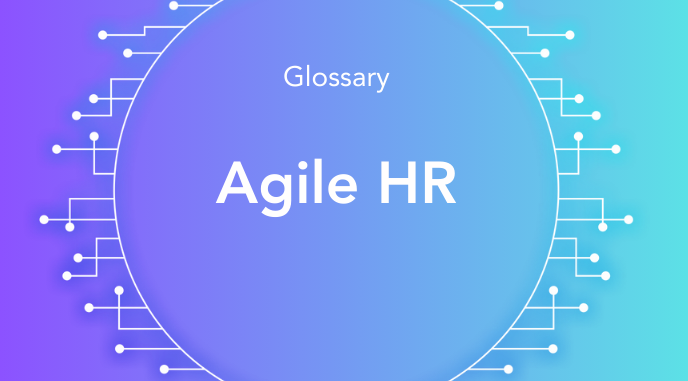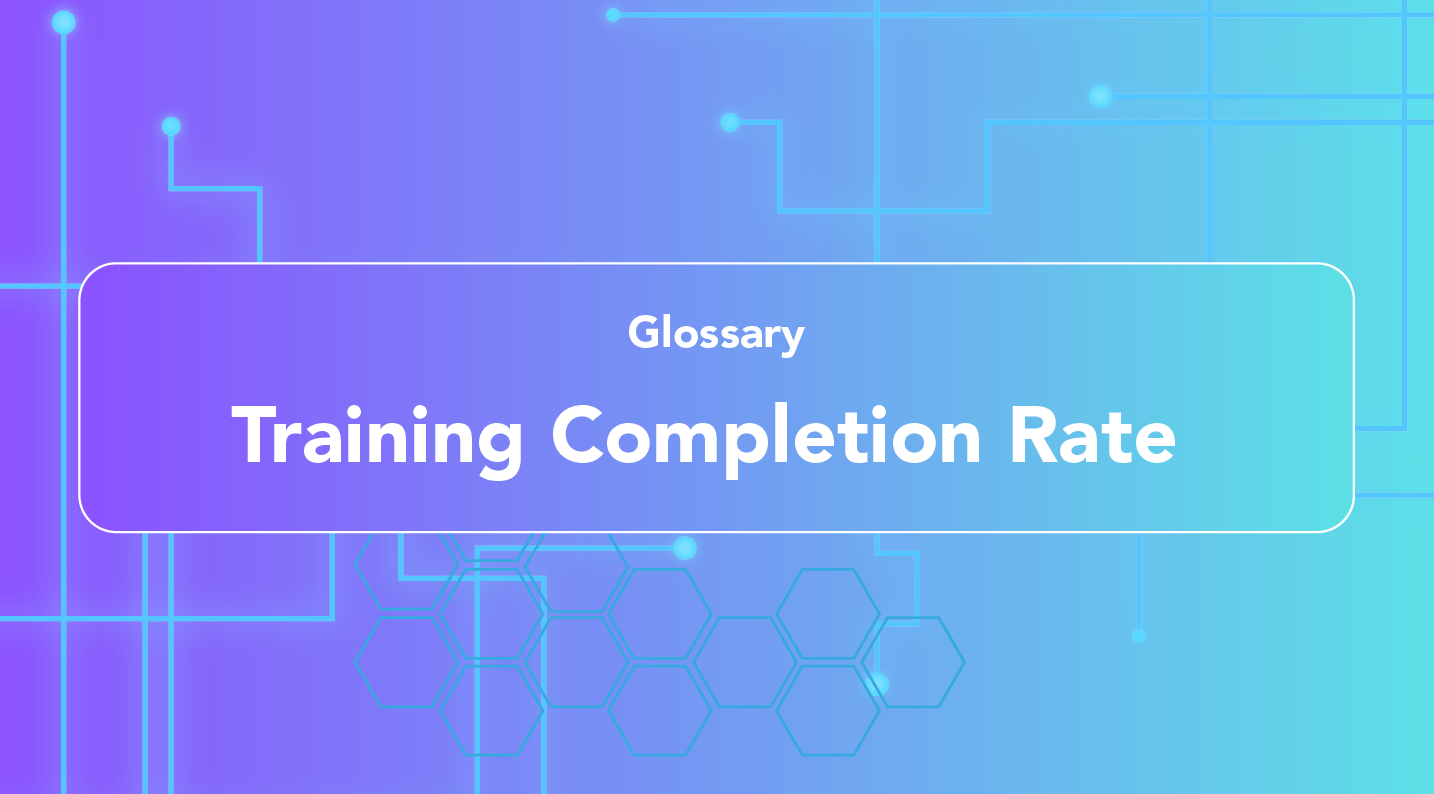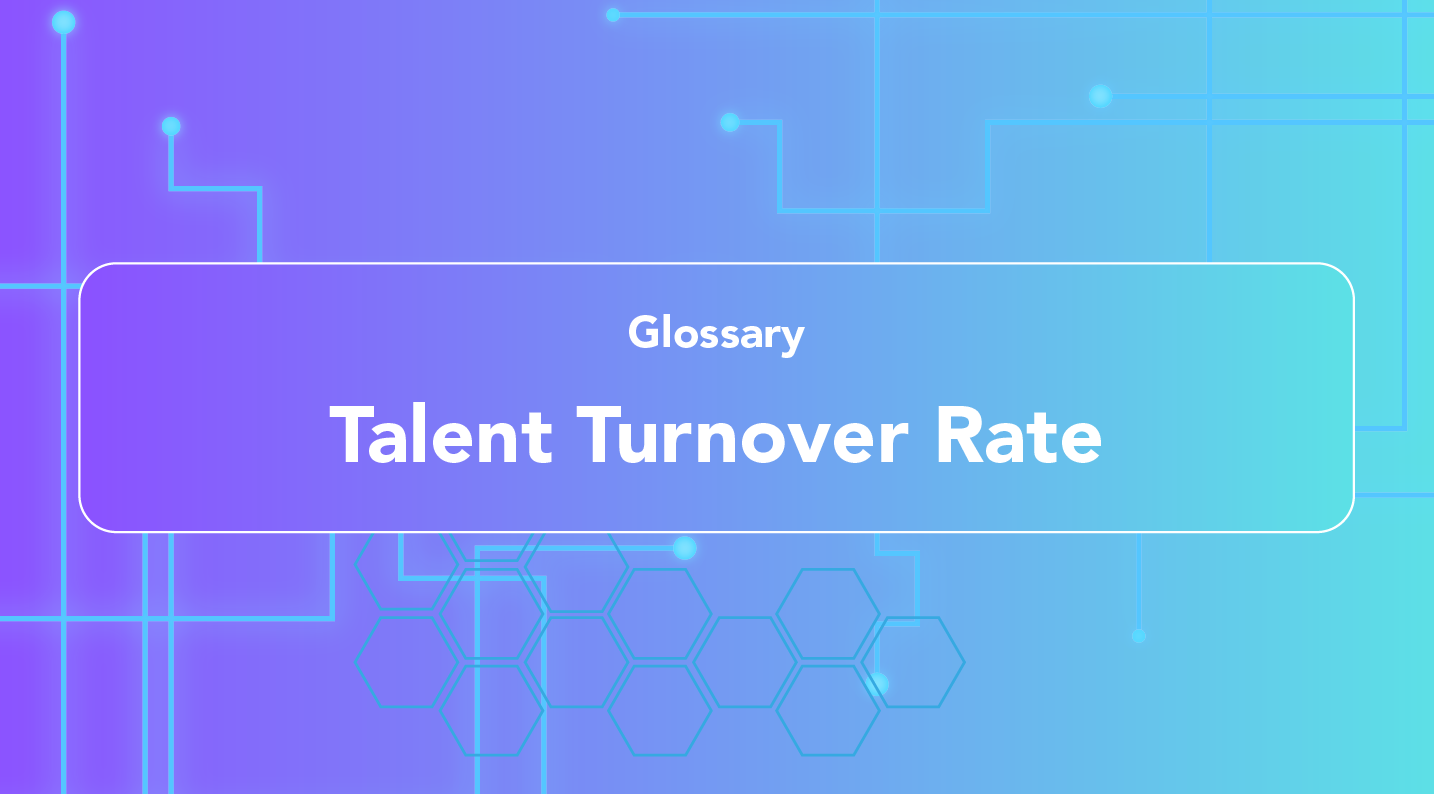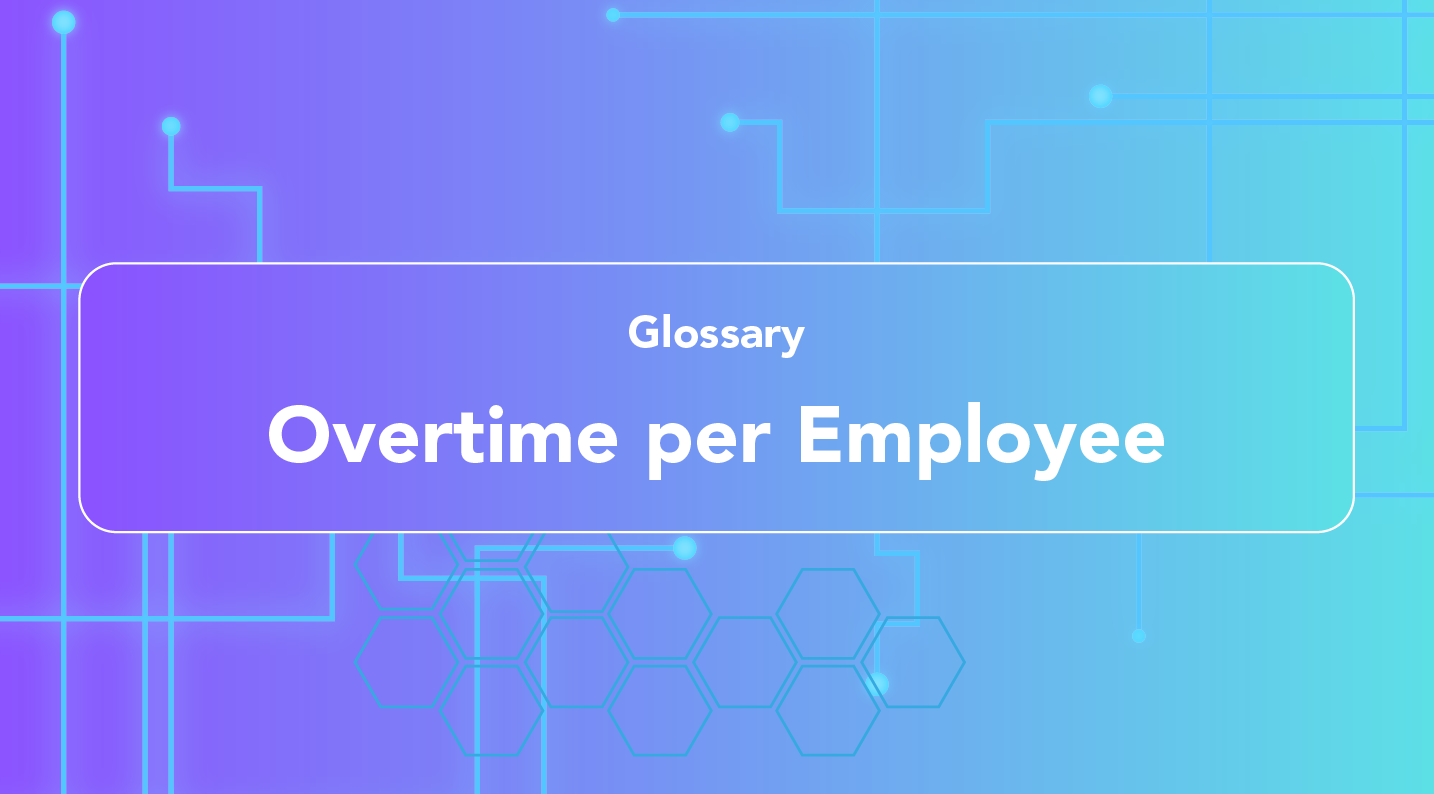- glossary
Agile HR refers to the application of agile methodologies and principles to human resources practices and processes. Originating from the software development industry, the agile approach emphasizes flexibility, collaboration, and iterative progress. In the context of HR, it involves adapting traditional HR functions such as recruitment, performance management, and employee engagement to be more responsive and adaptable to change. Agile HR practices focus on delivering continuous value, fostering a culture of feedback and collaboration, and aligning HR strategies closely with organizational goals. This approach helps HR teams to be more dynamic, improve their responsiveness to changing business needs, and enhance overall employee experience.
By aligning HR practices with Agile principles, HR can empower organizations to respond swiftly to change. By focusing on minimizing waste and optimizing value delivery, HR supports the entire organization in becoming more agile.
This agile approach in HR involves:
- Flexible workforce management: Creating adaptable structures, fostering cross-functional collaboration, and promoting a learning culture.
- Streamlined processes: Eliminating bureaucratic hurdles and empowering teams to make decisions quickly.
- Performance management focused on continuous improvement: Shifting away from traditional annual reviews to ongoing feedback and development.
- Data-driven decision-making: Leveraging HR analytics to identify areas for improvement and measure progress towards agile goals.
- Talent development strategies: Prioritizing skills like adaptability, problem-solving, and collaboration.
By adopting HR for Agile principles, organizations can create an environment where employees are empowered to deliver value, adapt to changing market conditions, and drive innovation.
What are the Benefits of HR Agile?
- Enhances responsiveness to changing business needs and market conditions.
- Promotes a culture of continuous improvement and feedback.
- Increases employee engagement and satisfaction through more dynamic HR practices.
- Aligns HR strategies closely with organizational goals, driving better business outcomes.
If you have any Questions?
-
How is Agile HR different from traditional HR?
Agile HR is flexible and adapts to change quickly, focusing on iterative improvements and real-time feedback, unlike traditional HR's rigid, step-by-step processes. -
What are the key practices of Agile HR?
Agile HR involves iterative hiring, continuous performance feedback, and cross-functional collaboration, emphasizing experimentation and refining HR practices based on feedback. -
How does Agile HR boost employee engagement?
Agile HR builds real-time feedback and a great work environment, involving employees in decision-making, which enhances transparency and engagement, leading to better job satisfaction.

.png?width=50&height=50&name=Team%20HONO%20logo-01%20(1).png)



